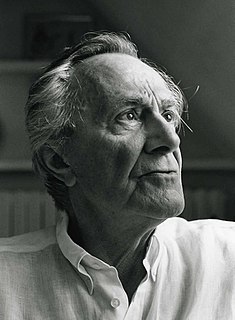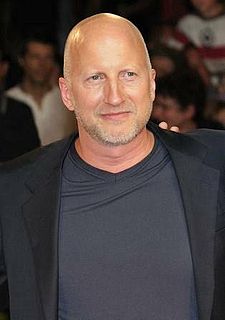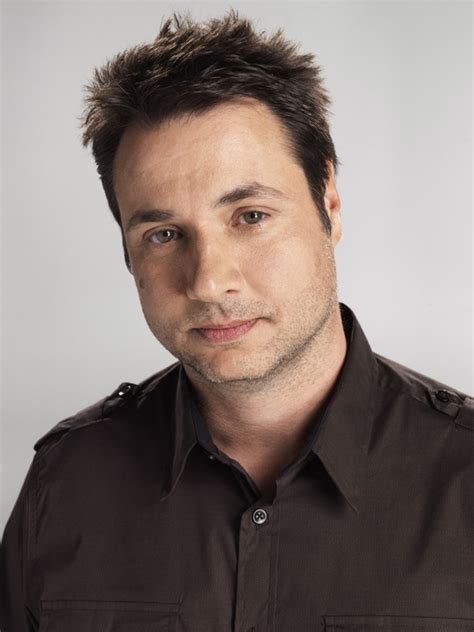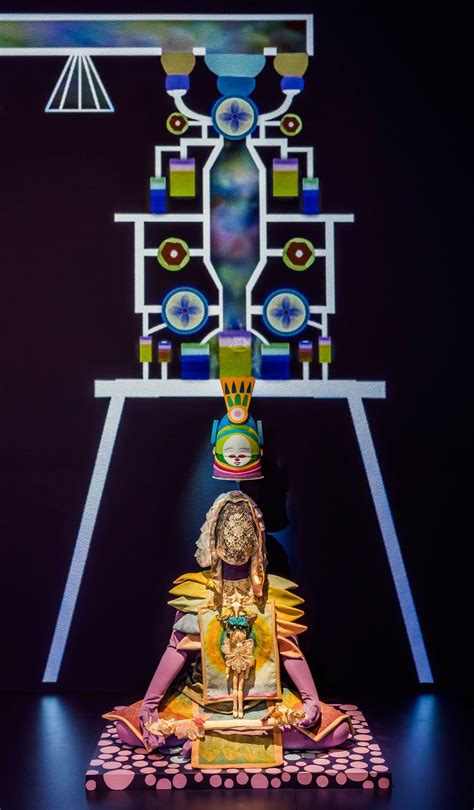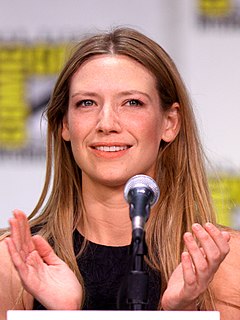A Quote by John Van Hamersveld
In this century of hyper-postmodern ideals, with the digital future, we're segmented into different people, places, and things in a constant state of change.
Related Quotes
Change makes us confront the great unknown. It introduces different things into our lives. Different places. Different ideas. Different people. It's all hard to accept at times, and change can often be a little scary. But if there's one fact that I've learned from raising a family, from running several businesses, from serving in Congress and now as Governor, it's that nothing has ever grown without changing.
Many flagship state universities have wonderful digital libraries that are accessed by people around the world. In future, if not current, budget crises, trustees, board members, and administrators may wonder why these state institutions - with an articulated primary clientele of students, faculty, and staff members and a secondary clientele of all citizens of the state - should be spending resources on a digital library that is used by many people beyond the primary and secondary service populations.
Whereas modern cynicism brought despair about the ability of the human species to realize laudable ideals, postmodern cynicism doesn't — not because it's optimistic, but because it can't take ideals seriously in the first place. The prevailing attitude is Absurdism. A postmodern magazine may be irreverent, but not bitterly irreverent, for it's not purposefully irreverent; its aim is indiscriminate, because everyone is equally ridiculous. And anyway, there's no moral basis for passing judgment. Just sit back and enjoy the show.
My own personal aesthetic is all to do with real actors and real locations and a kind of almost hyper reality and actuality to things. But the digital world, I explore that through other mediums, with music videos and commercials. Even 'The Road' was a real learning curve for me with digital effects.
Citizens often think of a state's interests in terms of the promotion of ideals such as democracy, a particular way of life, or other values which they endorse or see as part of their historical continuity and identity. In this domain as in others values are not fixed, and so a state's interests are dynamic and in a constant state of negotiation and construction.
Books are surviving in this intense, fragmented, hyper-accelerated present, and my sense and hope is that things will slow down again and people will want more time for a contemplative life. There is no way people can keep up this pace. No one is happy. Two or three hours to read should not be an unattainable thing, although I hope we get to that stage without needing a corporate sponsored app to hold our hand. The utopian in me has my fingers crossed that we haven't quite figured out the digital future just yet. After all, the one thing we know about people: they always surprise.

